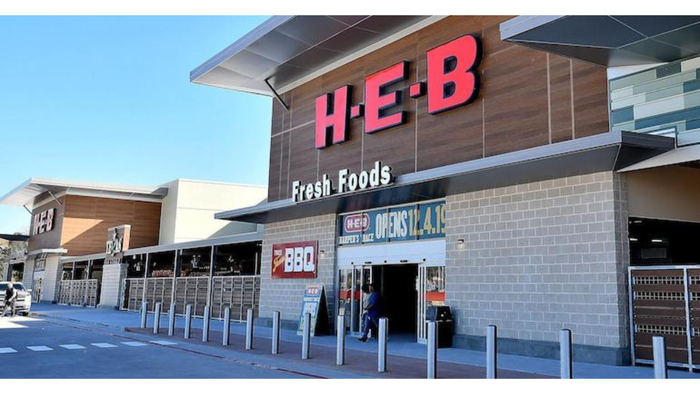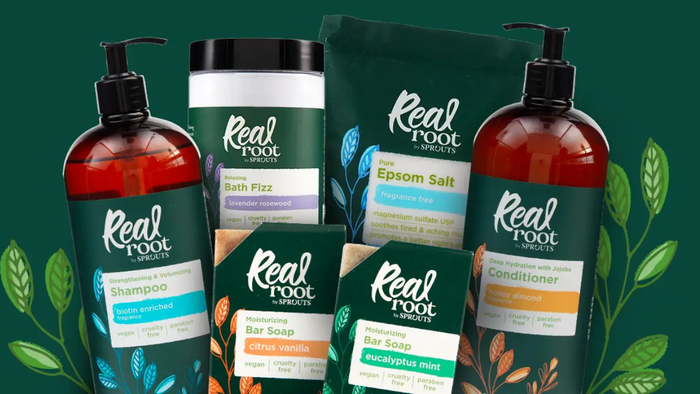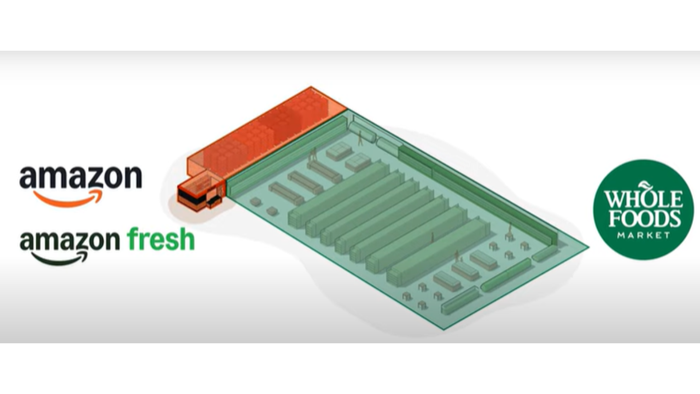Bulking up
January 1, 2018
Bulk bins appeal to shoppers seeking bargains and the adventurous who want to try new items, but variety, cleanliness and promotion are key to success. By Nora Caley Whether it’s a pinch of Vietnamese cinnamon for one recipe or a pound of trail mix for the kids’ soccer game, more consumers are reaching for the bulk bins and scooping up what they need. According to the Chicago-based market research firm the Perishables Group, some bulk foods are seeing sales increases in the supermarket channel. For the 52 weeks ended Dec. 26, dollar sales of random weight (bulk) dried fruits and snack mixes increased 10.7% compared to the same period the previous year. For bulk herbs, spices, and seasonings, dollar sales increased 1.8%, while sales of bulk nuts and seeds were down 3.2%. The increased interest in bulk foods is somewhat tied to the current economic conditions, but there has always been a segment of shoppers who prefer to shop the bulk bins. Some like to see exactly what they are buying, while others like the ability to purchase the exact amounts they need. Some retailers have been reluctant to expand their bulk food options because it does require labor to keep the bins full and clean. However, industry experts say there are opportunities for retailers to grow the category as consumers relish opening the bins and trying new products without making a larger commitment of purchasing of a bag or box. “People are cooking more ethnic cuisines at home,” says Ellen Bouchard, bulk category manager for Frontier Natural Products Co-op, based in Norway, Iowa. “Grocery stores want to bring new life into the stores, and bulk is an exciting category.” Frontier offers herbs, spices and other bulk products. Hold the packaging Mark Devencenzi, national sales director for SunRidge Farms, says consumers want to buy environmentally friendly products that have little or no packaging. “When you talk about product packaging it’s not just cardboard, but the petroleum to make the film processes to make the colors, and the trucking that goes on between film suppliers,” he says. Pajaro, Calif.-based SunRidge sells nuts, seeds, dried fruits, and other bulk foods. Bulk sets help consumers to avoid wasting food. “You can buy a half ounce of bay leaves rather than a package that will sit in your closet and lose its punch,” Devencenzi says. Todd Einig, brand sales manager for New England Natural Bakers, based in Greenfield, Mass., says the bulk section can encourage consumers to try organic or natural products. People might try a new granola if they can buy approximately one bowlful instead of a large box, he says. NENB makes granola, trail mixes and other products. Scott Williams, director of marketing for Little Rock, Ark.-based Trade Fixtures, which makes bins and other supplies for bulk sections, says retailers can save money by buying bulk, and pass the savings to consumers. “Value and cost savings are the drivers in 2010,” he says. “Bulk saves 30% to 60% of what the packaged equivalent would cost.” In 2009 the Bulk Is Green Council, an advocacy group whose members include Frontier, SunRidge, Trade Fixtures, and others, released a study indicating that bulk foods had retail prices that were 35% lower than packaged versions of the foods. The Little Rock, Ark.-based organization estimates that 6,000 stores in the U.S. have bulk organic and natural food departments. Maintenance is key Devencenzi says retailers who offer bulk foods should update the selection frequently. He says the stores should also make sure staffers keep an eye on the bins. “The key is to keep it full and keep it clean,” he says. “When we talk to retailers that are considering going into bulk we ask that they commit time and energy to do bulk right.” The staff member can also answer questions, encourage trial, and hand out printed materials. Frontier offers recipe cards and other point of purchase materials. Bouchard says some retailers include bulk foods in their weekly sales flyers. Einig says NENB offers several types of sampling programs. Passive sampling might be a basket of two-ounce packs displayed in the bulk section. Active sampling consists of a worker scooping granola from a 10-pound box into small cups. “It’s a good way to lure people into the bulk section,” Einig says. Williams says bulk will grow in the near future. “It’s continuing to move into mainstream supermarkets,” he says. “I believe that bulk is going to become more of a day to day component for shoppers. For retailers it’s definitely going to continue to give them an opportunity to maximize floor space and increase sales.”
About the Author
You May Also Like



.png?width=700&auto=webp&quality=80&disable=upscale)
